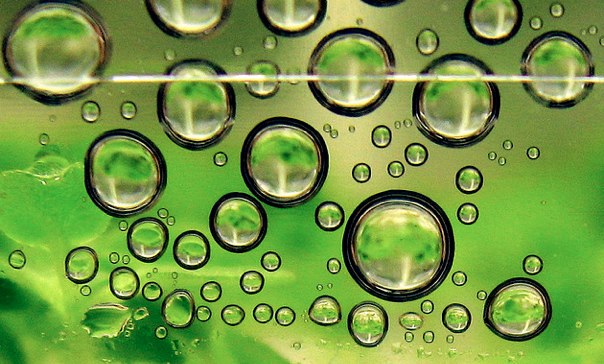
At the intriguing intersection of green tech and microbial genomics lies a new discovery that could make biofuel production more efficient and affordable. That discovery is a strain of yeast with above-average alcohol tolerance.
Biofuels are made by fermenting crops, and when yeast is used to convert sugars into biomass, the fermentation can create familiar alcohol-based fuels like ethanol and isobutanol.
Here’s the catch: if the fuel is too concentrated, the yeast begins to die. It would be more efficient to be able to produce highly concentrated batches, however. So University of Illinois Professor Yong-Su Jin set out to find a gene in yeast that can help it tolerate more alcohol.
Jin studied the microbe most commonly used in ethanol production, Saccharomyces cerevisiae, and found not one, but four genes that boost yeast’s tolerance to ethanol and isobutanol.
Now the challenge will be to breed yeast with these genes over-expressed. One of the genes in particular, INO1, increased tolerance by 340% and could help produce up to 70% more ethanol per batch.
It might not be as simple as it sounds though, since other genetic elements could interact with the identified genes in a way that hasn’t yet been tested. Still, it’s a discovery that could significantly improve biofuel production in the future, especially as scientists begin to breed yeast with this knowledge.
Photo credit: Flickr via Steve Jurvetson